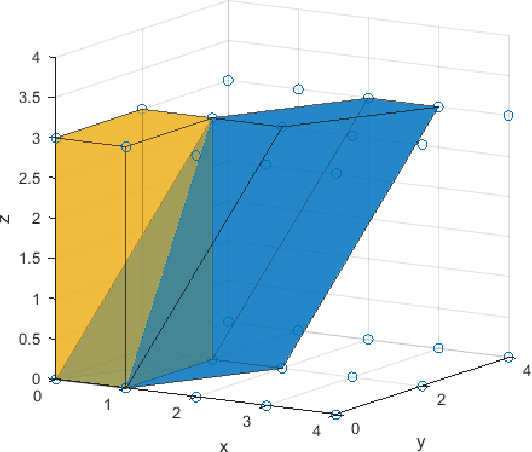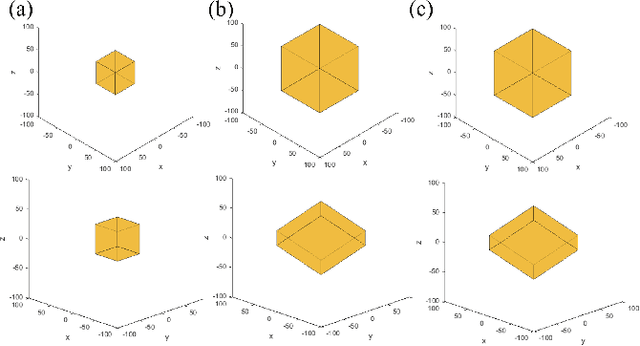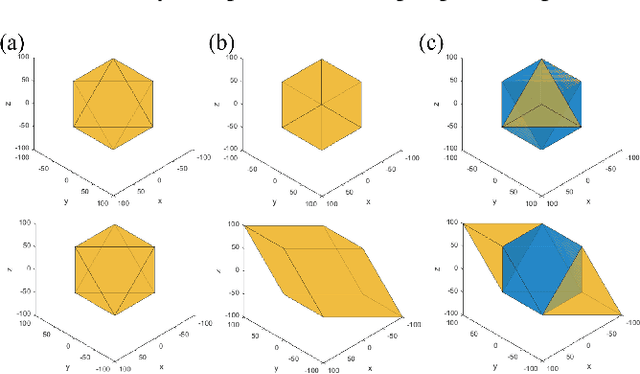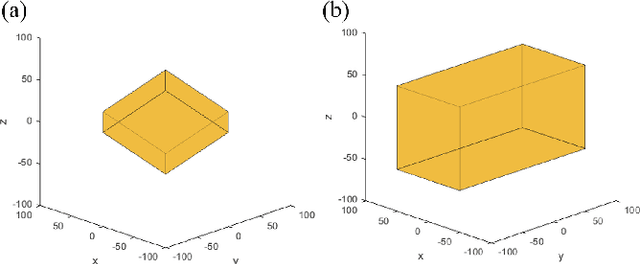Maximizing Unambiguous Velocity Range in Phase-contrast MRI with Multipoint Encoding
Paper and Code
Nov 07, 2021



In phase-contrast magnetic resonance imaging (PC-MRI), the velocity of spins at a voxel is encoded in the image phase. The strength of the velocity encoding gradient offers a trade-off between the velocity-to-noise ratio (VNR) and the extent of phase aliasing. Phase differences provide invariance to an unknown background phase. Existing literature proposes processing a reduced set of phase difference equations, simplifying the phase unwrapping problem at the expense of VNR or unaliased range of velocities, or both. Here, we demonstrate that the fullest unambiguous range of velocities is a parallelepiped, which can be accessed by jointly processing all phase differences. The joint processing also minimizes the velocity-to-noise ratio. The simple understanding of the unambiguous parallelepiped provides the potential for analyzing new multi-point acquisitions for an enhanced range of unaliased velocities; two examples are given.
 Add to Chrome
Add to Chrome Add to Firefox
Add to Firefox Add to Edge
Add to Edge